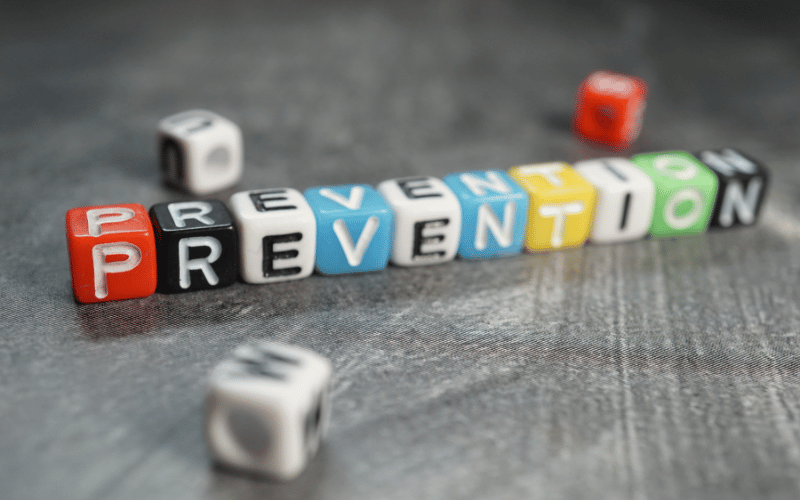Fact 7: Prevention Strategies

Preventing sinusitis is as crucial as treating it. Effective prevention not only reduces the frequency and severity of sinusitis episodes but also enhances overall nasal health. Individuals prone to sinusitis, especially those with a history of allergies or respiratory infections, benefit significantly from adopting preventative strategies. These strategies focus on minimizing exposure to sinusitis triggers and bolstering the body’s defenses against potential infections.
One of the key preventative measures is avoiding known triggers, particularly for those with allergic sinusitis. This involves identifying and steering clear of allergens like pollen, dust mites, mold, and pet dander. Regular cleaning, using air purifiers, and maintaining low humidity levels in living spaces can significantly reduce allergen exposure. Additionally, avoiding cigarette smoke and polluted environments is crucial, as these can irritate the nasal passages and exacerbate sinusitis symptoms.
Boosting the immune system plays a pivotal role in preventing sinusitis. This can be achieved through a balanced diet rich in vitamins and minerals, regular exercise, adequate sleep, and stress management. Consuming foods with anti-inflammatory and antioxidant properties, such as fruits, vegetables, and omega-3 fatty acids, can support immune function and reduce the risk of infections that might lead to sinusitis.
Maintaining good nasal hygiene is another effective strategy in preventing sinusitis. Regular nasal washing or irrigation with saline solutions can help clear nasal passages of irritants and excess mucus, reducing the risk of infection. This practice is particularly beneficial for individuals exposed to dry or polluted air and those with allergies or chronic sinusitis.
Regular visits to a healthcare provider for check-ups can help in early identification and management of conditions that may predispose an individual to sinusitis, such as allergies or nasal polyps. Vaccinations, especially against influenza and pneumococcal disease, are also important preventive measures, as these infections can lead to or worsen sinusitis. (7)